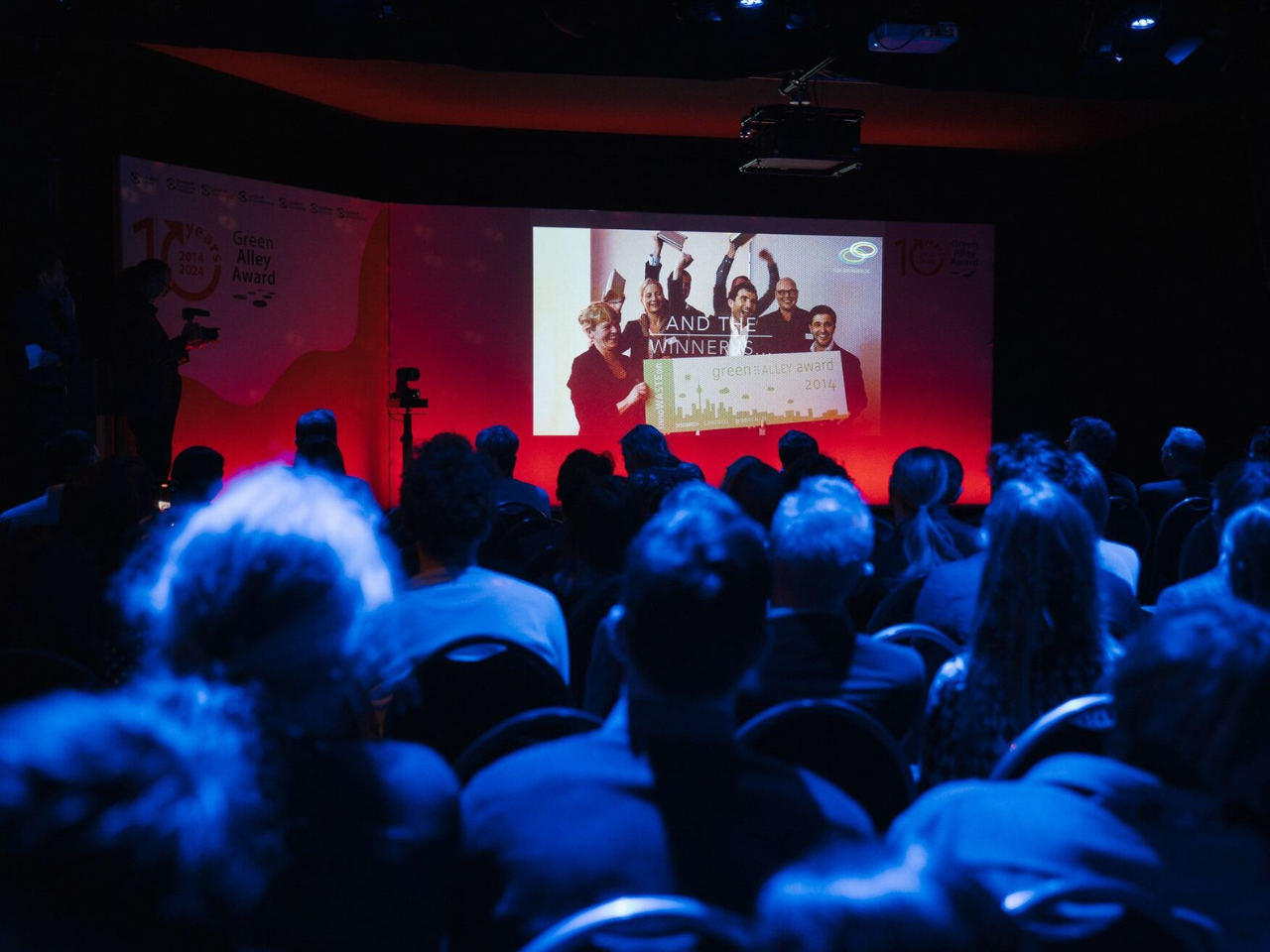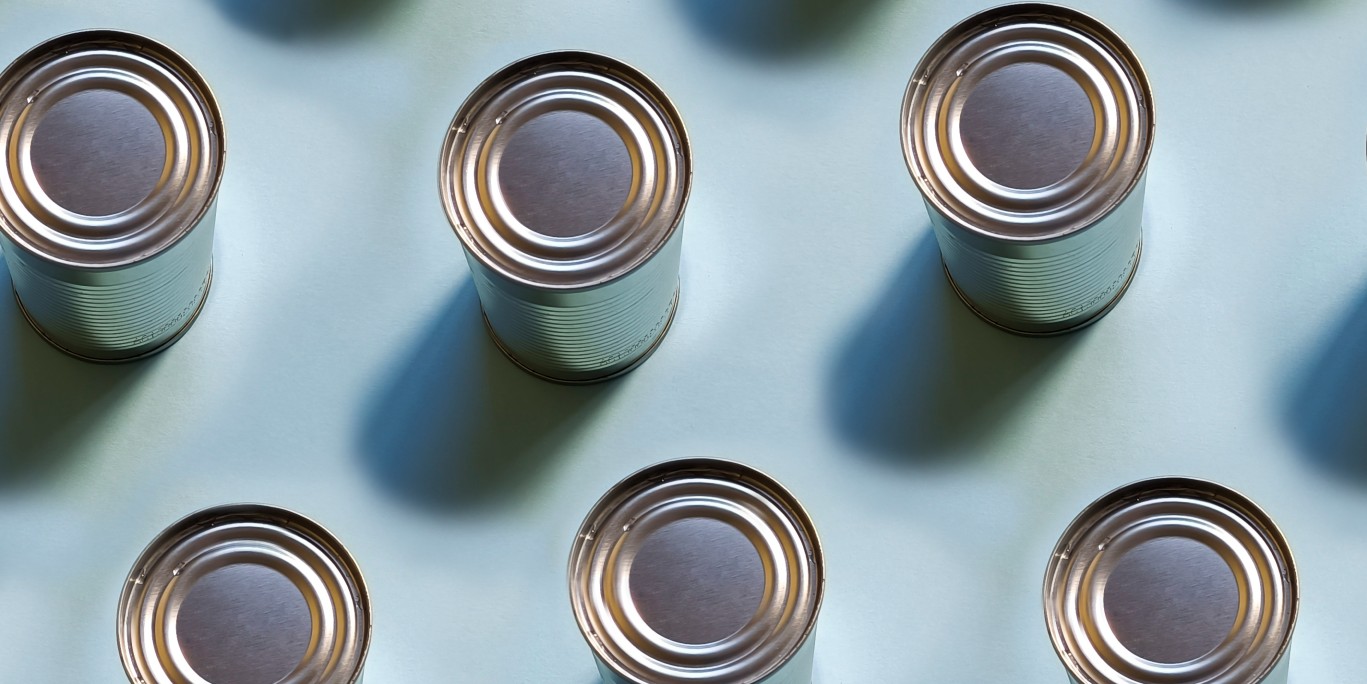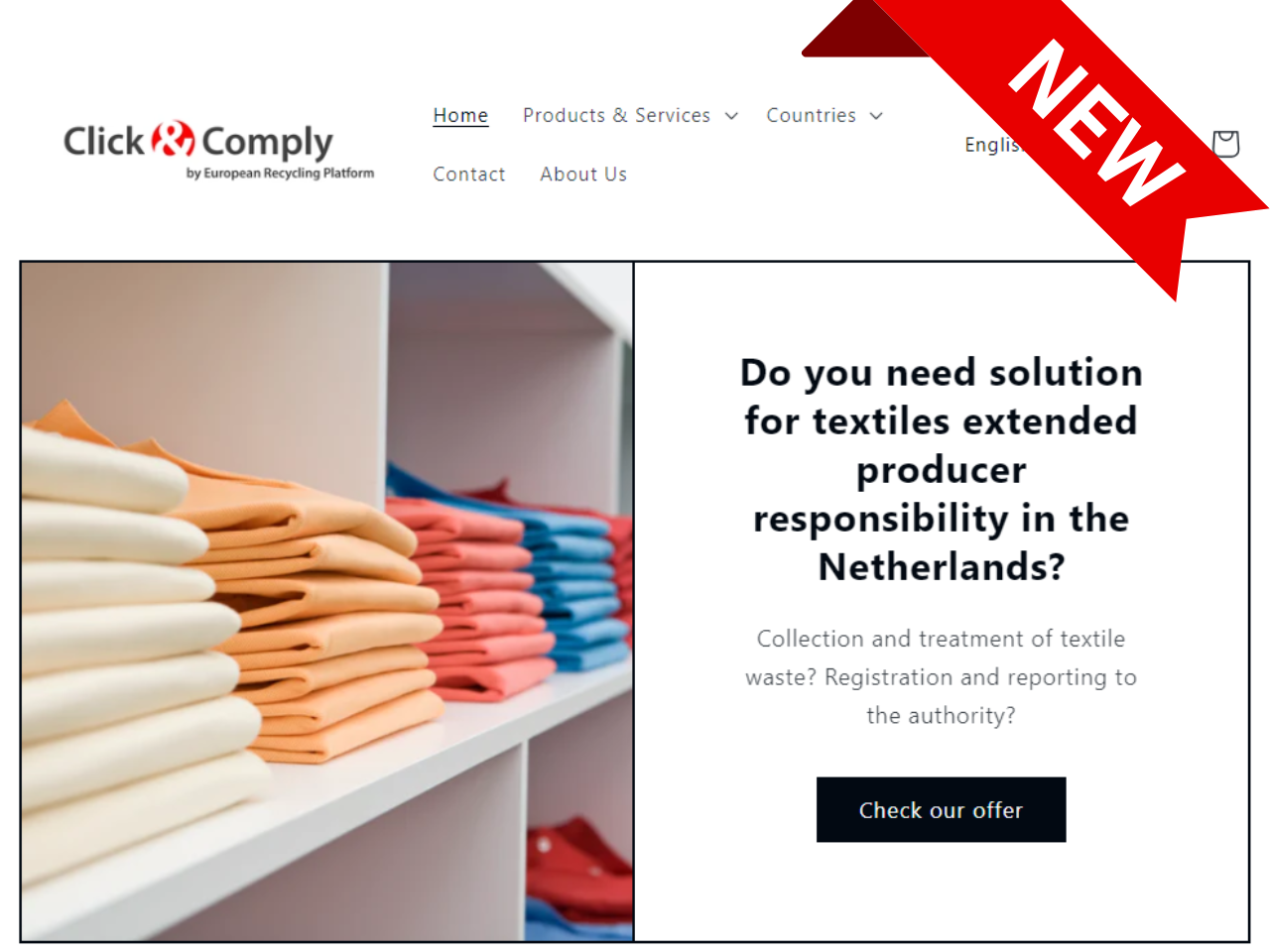What are the latest developments? We’ve picked out some highlights for November 2023.
Packaging Regulation: ENVI Committee votes
WEEE Directive: final stakeholder workshop
Waste batteries: new calculation rules for collection
Textiles: update on WFD amendments
Packaging Regulation: ENVI Committee votes
On 24 October, the European Parliament’s Committee on Environment, Public Health and Food Safety (ENVI) adopted the draft report by Frederique Ries on the packaging and packaging waste regulation (PPWR).
The report was adopted with 56 votes in favour, 23 against, and 5 abstentions. MEPs made numerous amendments to the Commission’s proposal.
In total, more than 2,000 amendments were tabled, which were reduced to 25 compromise amendments before the vote. All 25 compromise amendments were adopted.
The committee agreed on important amendments, such as clarifying several timelines for when the European Commission shall adopt which delegated acts mandated in the PPWR – and relating the applicability of the corresponding requirements from the PPWR to those publication dates. Moreover, ENVI proposes setting up a Packaging Forum to be consulted when making delegated acts.
For example, ENVI proposes that the European Commission shall publish the mandated delegated act defining details on the requirements for recyclable packaging from Article 6 by 1 January 2027 – and only following consultation with the Packaging Forum.
The requirements of Article 6 shall then apply 36 months after the publication of this delegated act.
This approach will provide clarity and planning security for the industry and promote stakeholder involvement – amendments that were also requested by Landbell Group company, European Recycling Platform in its position paper from March 2023.
The vote in the plenary is scheduled for 20 November. The result will then form the Parliament’s negotiating position for the subsequent trilogue negotiations with the Commission and the Council of the European Union. However, the latter has yet to define its negotiating mandate.
WEEE Directive: final stakeholder workshop
On 19 October, the final stakeholder workshop as part of the “Study supporting the evaluation of the WEEE Directive” sponsored by the European Commission took place in Brussels.
The workshop was organized by Ramboll in cooperation with the Austrian Environmental Agency and Oeko-Institut on behalf of the European Commission, and is part of a thorough stakeholder process contributing to the project that will evaluate the effectiveness, efficiency, relevance, coherence and added value to the EU of the WEEE directive.
While the study is not about proposing new measures, its findings may suggest some measures.
Dr Thomas Fischer, Head of Market Intelligence & Governmental Affairs at Landbell Group, participated in the workshops.
Earlier this year, Landbell Group’s subsidiary European Recycling Platform also participated in a workshop organised by Ramboll, which was dedicated to producers and PROs, and contributed a position paper. Landbell Group’s subsidiaries also answered related questions as requested by their national ministries.
The workshop organisers presented the results of the stakeholder consultation concluding that, overall, stakeholders agreed that the Directive has been a success and has significantly helped to create an infrastructure to collect and recycle WEEE in Europe.
However, certain shortcomings were raised and discussed by stakeholders from associations, businesses, NGOs, and citizens, such as:
- Failure to reduce overall WEEE volumes (it was also discussed whether this is and can be an objective of the Directive)
- Insufficient promotion of re-use
- Lack of enforcement and free-riding, illegal treatment, and illegal shipments
- Complicated processes for producers, and lack of harmonisation throughout the European Union
- Not adapted to technical developments – for example, outdated categorisation (see PV panels) and depollution requirements, and
- Calculation methods need an overhaul to accurately represent the waste that is available for collection
The study runs till January 2024 when the final report will also be published (a draft report will be issued by November 2023).
As a next step, the Commission needs to conclude whether a revision of the WEEE Directive is necessary and which parts need adjusting.
Waste batteries: new calculation rules for collection
The EU’s Joint Research Centre (JRC) has published a working draft on calculation rules for the collection of waste portable and light means of transport (LMT) batteries.
The JRC concludes that a methodology based on waste batteries that are ‘available for collection’ (AfC) is more representative of real waste battery flows than the currently applied put-on-market based calculation method, enabling more realistic performance indicators.
But the new method would require high-quality data on flows outside the collection of producers and their PROs, such as reuse, hoarding and exports, which are largely not available yet.
The methodology would also be more granular, capturing key parameters such as the average lifetime of different battery types ultimately defining when a battery is available for collection, as well as related market trends such as the development of sales volumes for specific battery technologies over time.
Furthermore, the collection of data may adopt country-specific parameters, to capture national behaviours and dynamics, despite being developed at the EU level.
The working draft was open for feedback until 30 October 2023 and will likely serve as a base for the development of related delegated acts to the battery regulation by the European Commission.
Landbell Group company, European Recycling Platform will contribute to the consultation with a position paper.
Textiles: update on WFD amendments
On 5 July 2023, the European Commission proposed a revision of the Waste Framework Directive. Specifically, the revision tackles new rules for textile producers and food waste.
In September, Anna Zalewska, rapporteur of the European Parliament, presented her draft report on the directive.
The draft report only deviates slightly from the initial Commission proposal but proposes stricter rules regarding the elimination of illegal landfills in the EU. Thus, it envisions stricter permitting requirements and enforcement of sound treatment of hazardous waste. It also proposes to give more power to national environment protection inspectorates.
European Recycling Platform (ERP), a Landbell Group Company, commented on the proposed amendments on textiles through a position paper, welcoming the increased appreciation of extended producer responsibility (EPR) as a key element to manage waste.
EPR has proven to be an important tool that achieves both downstream effects (such as promoting separate collection and recycling) and upstream effects (such as encouraging material efficiency, decarbonisation, and cleaner technologies).
With over 40 PROs operating in multiple countries, ERP and Landbell Group welcome an extension of the EPR system, but emphasise that a competitive and harmonised PRO landscape is mandatory for its success.
Furthermore, ERP advocates for the ‘available for collection’ (AfC) approach to be used in the textile sector as it allows for a more accurate assessment of collection performance. This approach is already being discussed for batteries (see article above).
ERP has recently started a PRO for textiles in the Netherlands. For more information, please visit the ERP Netherlands website.
Sign up for our monthly
report COMPASS here:
Your email











